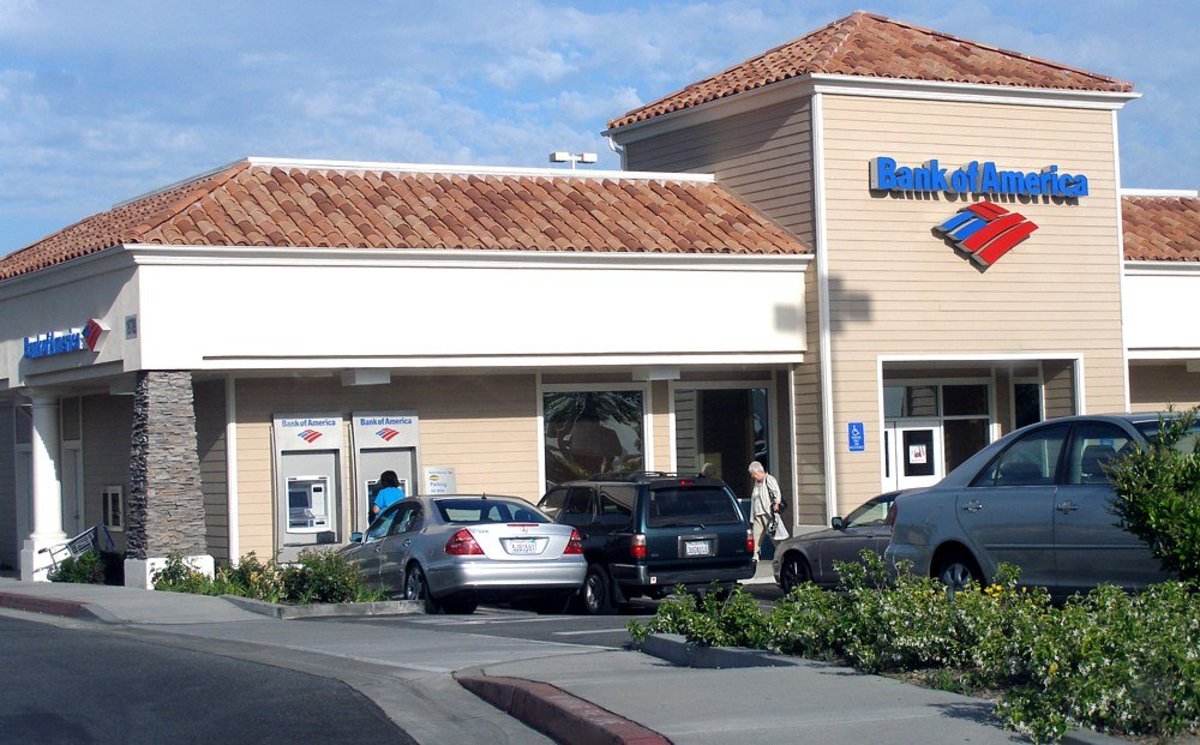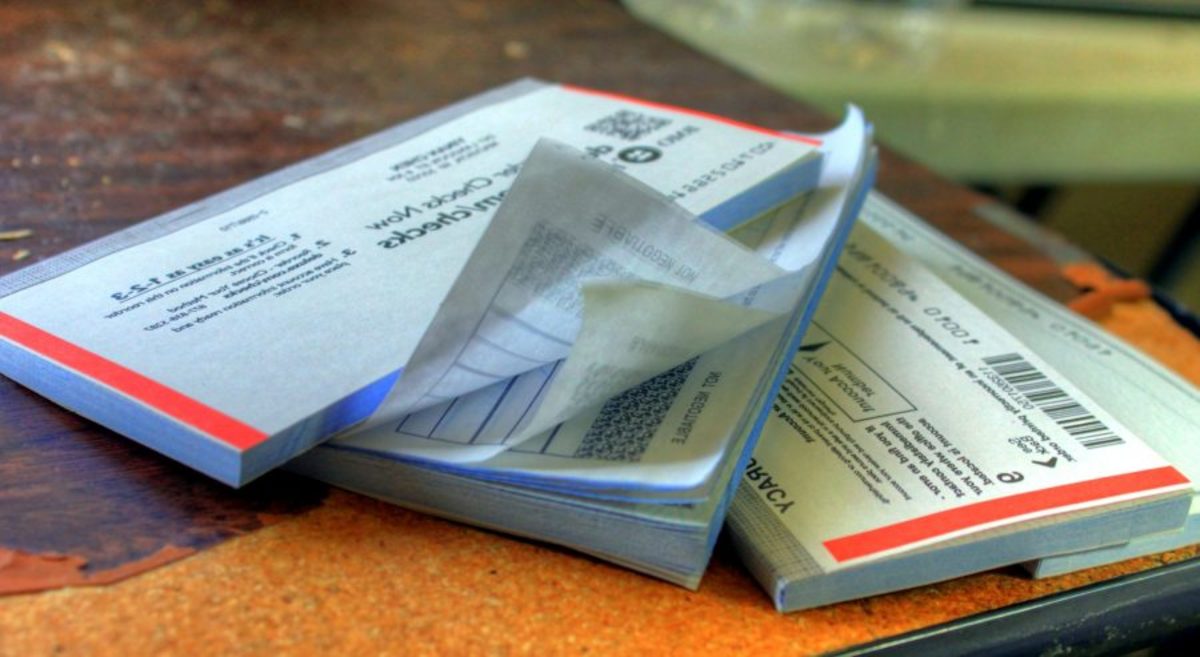What to Do in Home Foreclosure When Your Lender Becomes Your Adversary, Part 2
Protect Your Bank Accounts and Other Assets!
Your bank accounts are in potential danger if you are in foreclosure. If your bank accounts are with the same institution as your mortgage, your lender will most likely seize your accounts to pay off your debts. Below are six steps to help you protect assets while in foreclosure:
1. List All Accounts
List account names, account numbers and the names of banks and institutions those accounts are located, along with the value of each account.
2. Your Mortgage Lender Could Seize Your Bank Accounts!
If your mortgage lender is also where you keep your bank accounts and other assets, they can seize your accounts. Move all your bank accounts to a bank that is NOT associated with or a subsidiary of your mortgage lender. By federal law, lenders can and will seize your accounts to recover debt owed to them, without any notice to you! Note that banks often have subsidiary companies with different names, or have merged with other banking and lending companies, and therefore, would still be able to take control and seize any accounts you may have, if they are associated with each other. Set up accounts with banks or credit unions which are not associated in any way with your mortgage lender.

3. Your Lender Could Sue You
Further legal protection may be required, depending on your lender's actions to recover debt. In some cases, lenders will pursue lawsuits against borrowers in default. In most cases, however, mortgage lenders will seize the property and try to recover debt by foreclosing and selling it. You need to be aware of what your lender's intentions are. Communicating often with your lender is important to know what developments are occurring. For more information and tips for effective communication with your bank, read Part 1.
4. For Further Protection, Consult an Attorney
To protect your bank accounts and other assets in foreclosure, consider creating a Limited Liability Company (LLC) and place all assets in that company, keeping personal account balances minimal. Another possibility is to form a Family Limited Partnership. Consult an attorney to understand which is best for your situation.

5. Deed in Lieu of Foreclosure
Deed in Lieu of Foreclosure is an option for you to avoid foreclosure. Deed in Lieu means you deed back your property to the lender. (You give it back to them.) Usually there is a qualification process for this, and also a fee. You will need to get complete information from your lender to know if this is a good option for you. It's also extremely important that if you proceed with Deed in Lieu, that there is no recourse clause in it. A recourse clause means that once you deed your property back to the lender, they will sell it. But if they sell it for less than market value, the lender can file lawsuit against you for the difference in amount between the selling price and the value of the property. This could mean tens of thousands of dollars you may have to pay if their lawsuit is successful! A no recourse clause means that once you deed the property back to the lender, they have no other ways to pursue you, and they have accepted the Deed in Lieu as closure for the debt.
6. If You Protect Yourself Well, Bankruptcy Doesn't Have to Be an Option
Bankruptcy should only be used as a last resort, but in some cases, it may be necessary. In most cases, however, if you are wise in how you protect your other assets, your lender should not be able to seize them for debt repayment. If, however, you feel bankruptcy is necessary in your case, consult with a qualified attorney who will help you investigate options.
For More Information, Read Part 1
My Bank Won't Help Me! What to Do in Foreclosure, Part 1 provides seven tips for what lenders will do and how you should protect yourself during foreclosure. Often information you give your lender while in foreclosure is buried and not available to the representatives you may speak with. You will need to know how to protect yourself in these situations. Additionally, Part 1 provides insights and ideas on how to choose good financial institutions and lenders who are less likely to use predatory tactics against you. Selecting reputable, service and ethics oriented financial institutions like credit unions will allow consumers and borrowers to reclaim some control over their financial well being.








